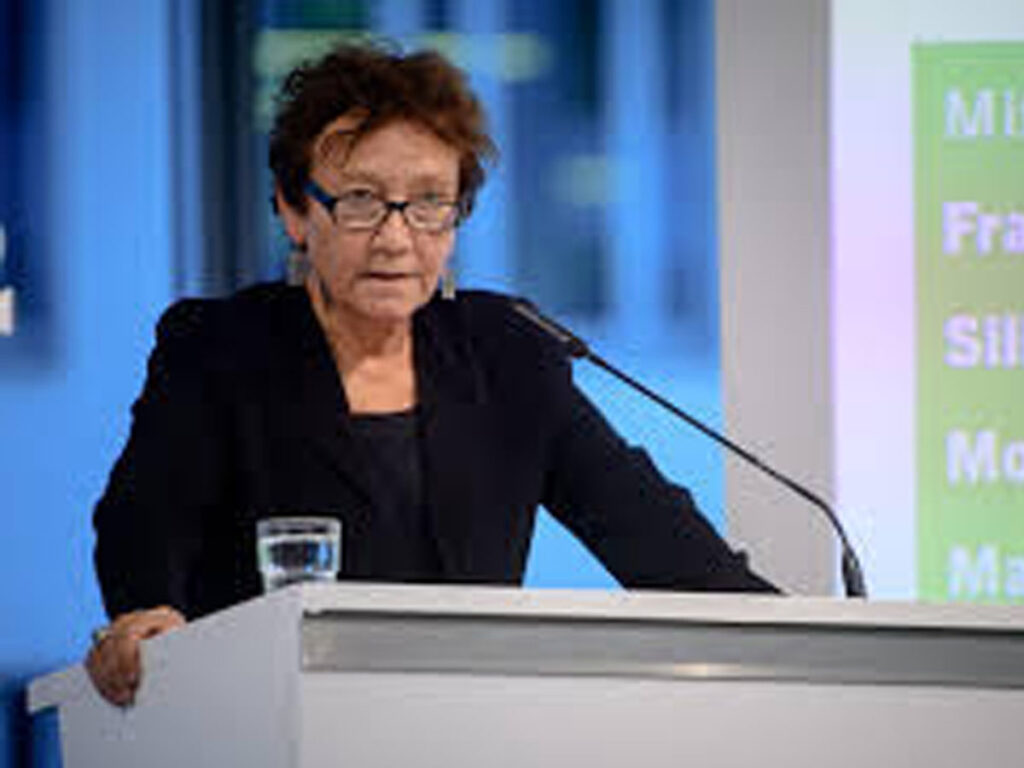VOICES FROM THE ECCC (Extraordinary Chambers in the Court of Cambodia)/THE KHMER ROUGE TRIBUNAL.
- Can you please tell us your name, your position at the ECCC, and a brief
summary of your responsibilities? - Civil party representation in international criminal law started with the
ECCC. Keeping that in mind, what were the most challenging aspects of your
work, both in working with Civil Parties’ attorneys, as well as with the court? - You discussed in an article1 how the ECCC in Cases 001 and 002 had issues
with Civil Party participation, specifically with regard to the process and
criteria for admissibility. A significant percentage of applicants were rejected
in the cases (e.g., over 27% in Case 001). How did admissibility issues impact
the ECCC’s credibility for the Civil Parties? How did the ECCC learn from this
mistake? - What lessons can other international courts learn about Civil Party
participation? - A similar circumstance occurred with respect to reparations for Civil Parties.
The Internal Rules allowed for “collective and moral” reparations, but these
were not well-defined. Tell us about the Civil Party experience with
reparations. What did they think of the reparations that were implemented,
and how did this affect their experience at the ECCC? - The ECCC has been criticized for giving minimal attention to sexual crimes.
Other ad hoc tribunals and the International Criminal Court (ICC) have
addressed these sorts of crimes. Why was there a delay in giving attention to
these types of crimes at the ECCC, and how do you think they should have
been addressed initially? - You were involved with the ECCC’s recognition of the crime of forced
marriages. Can you describe some of the challenges in having forced
marriage recognized as a crime by the ECCC? How did this process affect Civil
Party participation? - Keeping in mind what information has been released to the public, can you
recall any accused or survivor stories that resonated with you?
( November 04, 2019)

